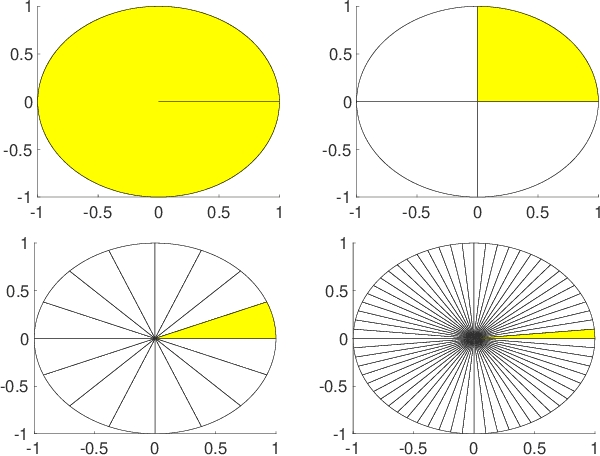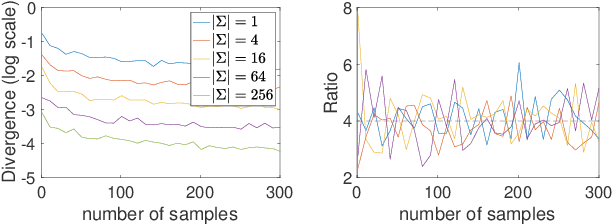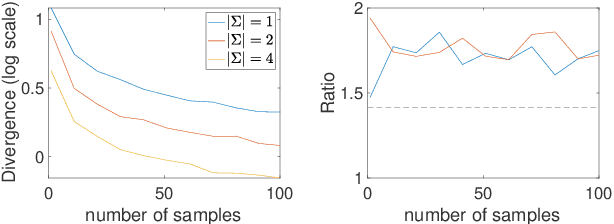Sample Complexity of Probability Divergences under Group Symmetry
Paper and Code
Feb 03, 2023



We rigorously quantify the improvement in the sample complexity of variational divergence estimations for group-invariant distributions. In the cases of the Wasserstein-1 metric and the Lipschitz-regularized $\alpha$-divergences, the reduction of sample complexity is proportional to an ambient-dimension-dependent power of the group size. For the maximum mean discrepancy (MMD), the improvement of sample complexity is more nuanced, as it depends on not only the group size but also the choice of kernel. Numerical simulations verify our theories.
 Add to Chrome
Add to Chrome Add to Firefox
Add to Firefox Add to Edge
Add to Edge